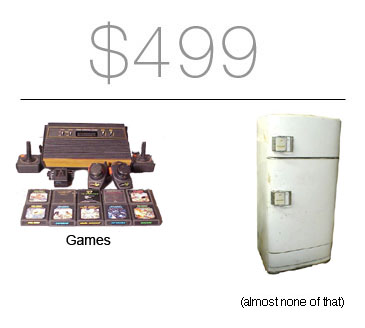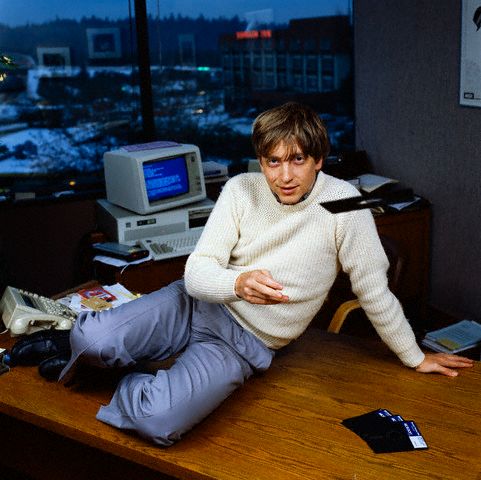Here’s the last of my “Hamburgers” media posts. It’s the NPR Fresh Air
interview with Eric Schlosser, author of Fast Food Nation: The Dark Side of the All-American Meal. (Yeah, this
interview’s old, but it’s still good.)
My quickie notes taken while listening to the interview:
- The flavour industry: an offshoot of the fragrance industry, and how it became a big player in fast food
- The Chicken McNugget and how it changed the food industry
- Meatpacking — once one of the highest-paid industrial jobs in the US. Now it has
become one of the lowest-paid, in spite of being one of the most
dangerous
- Fast food industry wages:
- The lowest of any industry.
- Fast food is the largest
minimum-wage-paying industry in the US
- Companies in the industry decided that it was better to have a large
poorly-paid poorly-trained workforce than a small well-paid
well-trained workforce.
- It doesn’t have to be this way; Schlosser cites In-N-Out burger as the standout case, with an
$8/hr starting wage, managers who get paid an $80K salary and full health and dental coverage for their employees.
-
Growth of the industry parallels the decline of minimum wage (in real terms) in the US.
- Fast food companies are biggest opponents to any
rise in the minimum wage
- Meat and disease:
- The changes that the fast food industry have made to the meatpacking industry have made it “the
perfect vehicle for Food-borne illnesses”. It used to be that your
burger came from the meat of perhaps one or two cows — now a butger
can come from a large number of cows, which means that one sick cow can
contaminate the meat across the country.
- After the Jack in the Box outbreaks, the FF companies have worked hard to prevent contamination in meat
- Meat at Jack in the Box and McDonalds is the most tested; however this is done at the expense of the meat at your grocery
- McDonalds operates more playgrounds than any other private entity
in
the US. A lot of communities have local governments who are unwilling
or unable to spend money building playgrounds; in those places,
McDonald’s is the only alternative. The problem: McDonald’s marketing
— they’re targeting kids and selling htem unhealthy food. The rise of
childhood obesity parallels rise of fast food industry.
- Fast food places are good targets for robbery — far better than
places like 7-11, which have implemented practices to keepas much money
as possible in a safe which employees cannot open. The average take
from a 7-11 robbery is $37; you can make thousands if you rob a fast
food place at the right time. Half of fast food robberies are inside jobs.
- Schlosser “tried to write something that wasn’t black and white”.
Most people
in the fast food industry aren’t bad people but business people; give
them business reasons to change their practices and they’ll do it.
- Schlosser on fast food: “Most of it tastes pretty good”
- He says that in the book, he didn’t talk much of fast food’s
influences on the landscape of the industry. The McDonald’s model —
the mass reproduction of a specific retail environment — has inspired
other retailers : The Gap, Sunglass Hut, Banana
Republic. The outskirts of one American community is pretty
indistinguishable from
another
- One of the most surreal moments in researching the book: at Las
Vegas at a fast food convention. Mikhail Gorbachev was a keynote
speaker. At his keynote, he praised McDonald’s entry into Russia and
asked the fast food executives to invest in Russia. Schlosser says he
was reminded of the old Roman practice of brining leaders of countries
they conquered and putting them on display at circuses.
- Schlosser: “If I were king of the world, I would really try to
internalize the costs that they’re imposing left and right on society.”
The interview is in two parts:








